
Mitrovica: A Tale of Two Cities
Mitrovica, located in the northern part of Kosovo, is a city rich in history and culture. This unique city is known for its division by the Ibar River, creating a North and South Mitrovica, each with its own distinct charm and character. The North is predominantly Serb, while the South is predominantly Albanian. This division makes Mitrovica a fascinating place to explore, offering a glimpse into the diverse cultures and histories of the region. Walking through Mitrovica, you'll come across the iconic New Bridge, which connects the two parts of the city. This bridge is not just a physical link but also a symbol of the coexistence and tension that has shaped Mitrovica's history. As you stroll along the riverbanks, you'll encounter local markets, historic buildings, and vibrant street art that tell the story of the city’s past and present. Mitrovica is also a gateway to natural beauty. The nearby Shala Mountains and the Ibar River provide stunning landscapes for hiking, fishing, and picnicking. The Trepça Mines, once one of the largest industrial complexes in the former Yugoslavia, offer an intriguing peek into the region's industrial heritage. Mitrovica’s blend of history, culture, and natural beauty makes it a compelling destination for any traveler.
Local tips in Mitrovica
- Visit both North and South Mitrovica to experience the cultural diversity of the city.
- Take a guided tour of the Trepça Mines to understand the industrial history of the region.
- Walk across the New Bridge and enjoy the views of the Ibar River.
- Explore the local markets for unique souvenirs and local crafts.
- Plan a day trip to the Shala Mountains for hiking and nature activities.
Mitrovica: A Tale of Two Cities
Mitrovica, located in the northern part of Kosovo, is a city rich in history and culture. This unique city is known for its division by the Ibar River, creating a North and South Mitrovica, each with its own distinct charm and character. The North is predominantly Serb, while the South is predominantly Albanian. This division makes Mitrovica a fascinating place to explore, offering a glimpse into the diverse cultures and histories of the region. Walking through Mitrovica, you'll come across the iconic New Bridge, which connects the two parts of the city. This bridge is not just a physical link but also a symbol of the coexistence and tension that has shaped Mitrovica's history. As you stroll along the riverbanks, you'll encounter local markets, historic buildings, and vibrant street art that tell the story of the city’s past and present. Mitrovica is also a gateway to natural beauty. The nearby Shala Mountains and the Ibar River provide stunning landscapes for hiking, fishing, and picnicking. The Trepça Mines, once one of the largest industrial complexes in the former Yugoslavia, offer an intriguing peek into the region's industrial heritage. Mitrovica’s blend of history, culture, and natural beauty makes it a compelling destination for any traveler.
When is the best time to go to Mitrovica?
Iconic landmarks you can’t miss
Newborn Monument
Discover the Newborn Monument in Pristina, a vibrant symbol of Kosovo's independence, celebrated through art and history in the heart of the city.
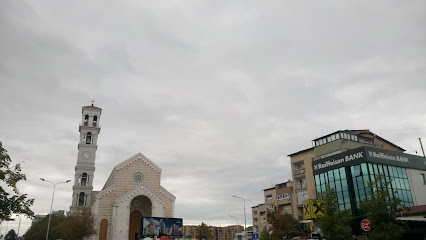
Memorial Complex Adem Jashari
Explore the Memorial Complex Adem Jashari in Prekaz, a significant historical site celebrating Albanian heritage and the legacy of a national hero.
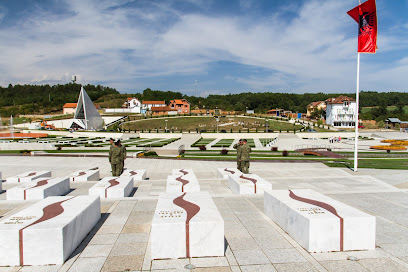
Споменик Цару Лазару
Explore the Memorial of Saint Lazarus in Mitrovica, a historical landmark rich with culture and poignant stories of the region's heritage.
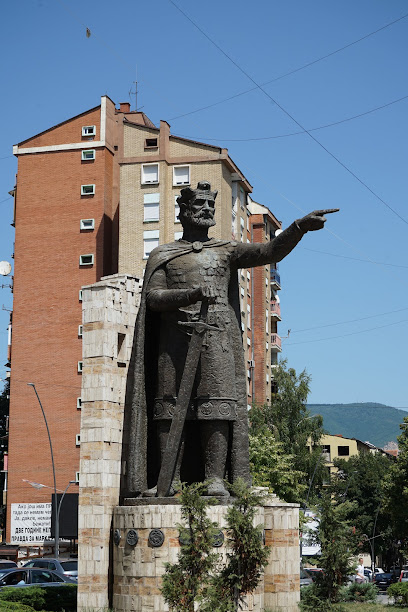
Zvechan Fortress
Discover the rich history and breathtaking views at Zvechan Fortress, a must-visit historical landmark in Kosovo's stunning landscapes.
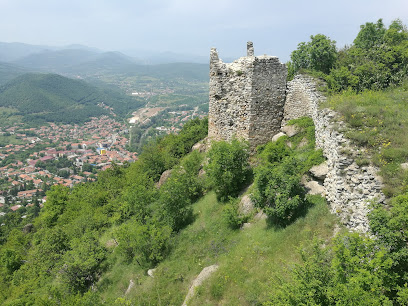
Palace Hotel & SPA
Discover the epitome of luxury at Palace Hotel & SPA in Mitrovica, where comfort meets elegance for an unforgettable getaway.
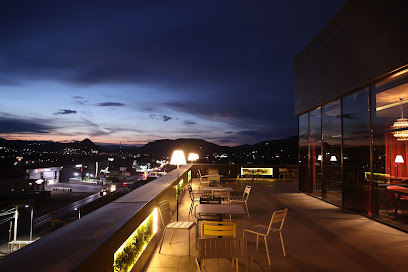
Monument to the heroic miners from NOB
Explore the Monument to the Heroic Miners in Mitrovica, a captivating historical landmark embodying resilience and offering scenic views of the city.
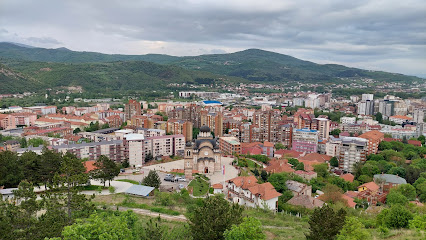
MISSINI Kitchen & Sweets
Discover the flavors of Mitrovica at MISSINI Kitchen & Sweets, where every meal is a celebration of taste and hospitality.
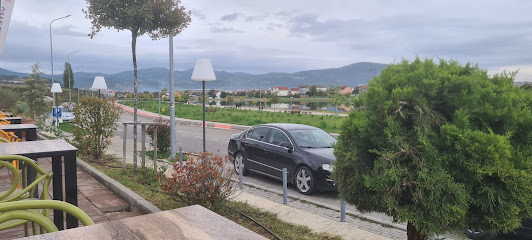
Mitrovica Guide
Explore Mitrovica, a vibrant city in Kosovo known for its rich cultural heritage, stunning landscapes, and historical significance.
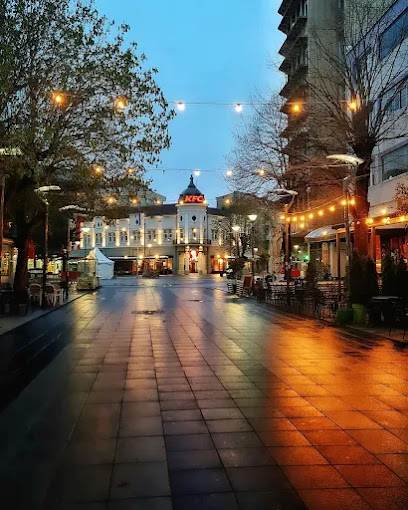
City Museum of Mitrovica
Explore the City Museum of Mitrovica, where history and culture come alive through captivating exhibits and unique artifacts.
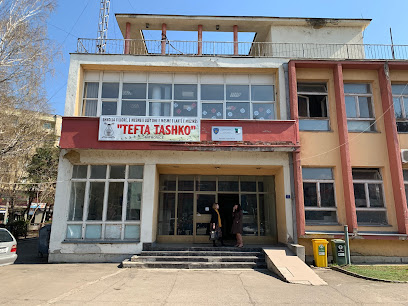
Xhamia E Tavnikut
Discover the architectural beauty and cultural significance of Xhamia E Tavnikut, a serene mosque in the heart of Mitrovica, Kosovo.
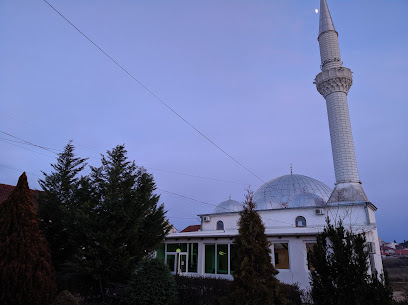
Liqeni Akumulues
Experience tranquility at Liqeni Akumulues, a picturesque park in Mitrovica perfect for relaxation, picnics, and enjoying nature's beauty.
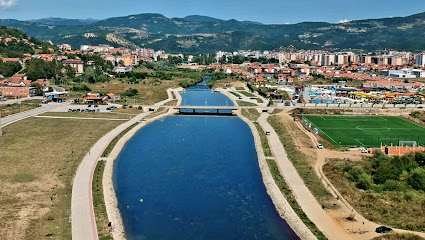
Busti i Fehmi Aganit
Explore Busti i Fehmi Aganit, a significant historical landmark in Pristina, that embodies Kosovo's cultural heritage and resilience.
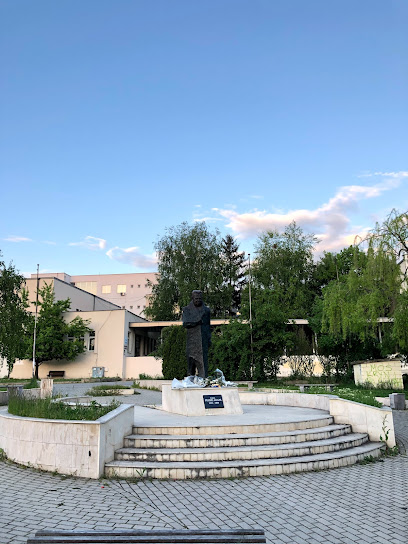
Spomenik braniocima otadžbine od šiptarskih terorista i NATO agresora1998-1999
Explore the Spomenik Memorial in Mitrovica, a poignant symbol of resilience and remembrance from the Kosovo War, surrounded by serene landscapes.
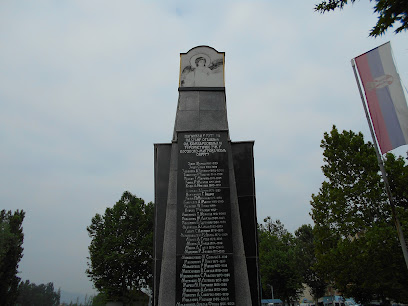
Lux Mitrovica Lux Kос.Митровица
Explore the captivating historical society of Lux Mitrovica, where Kosovo's rich heritage unfolds through engaging exhibits and community stories.
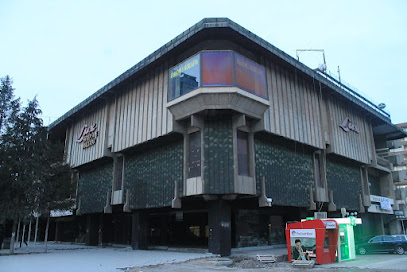
Ura e Ibrit, Most na Ibru.
Discover the historic Ura e Ibrit bridge in Mitrovica, a stunning architectural gem that offers breathtaking views and a glimpse into Kosovo's rich culture.
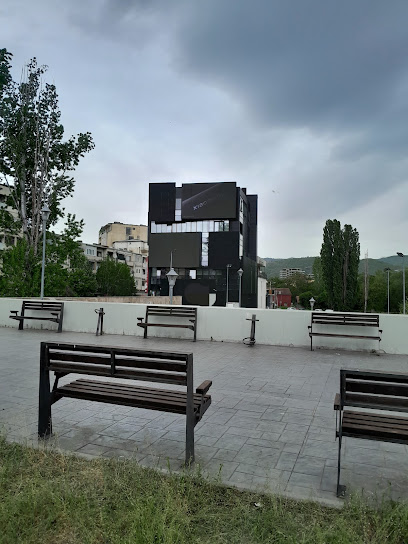
Unmissable attractions to see
Devil's Town
Experience the breathtaking formations and legends of Devil's Town, a unique natural preserve in Kuršumlija, Serbia.
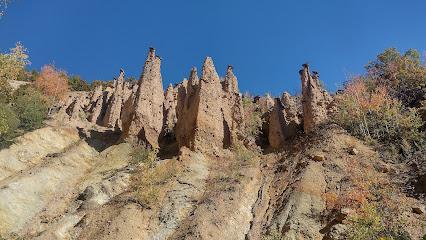
Serbian Orthodox Monastery Gračanica
Discover the breathtaking Serbian Orthodox Monastery Gračanica, a UNESCO World Heritage site showcasing rich history and stunning Byzantine architecture.
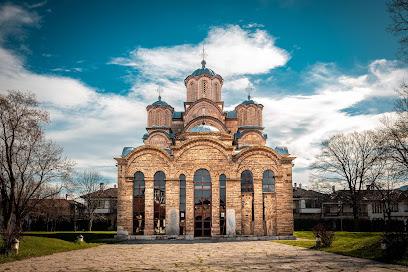
Đurđevi stupovi
Experience the spiritual tranquility and historical significance of Đurđevi Stupovi Monastery, a must-visit destination in Novi Pazar, Serbia.
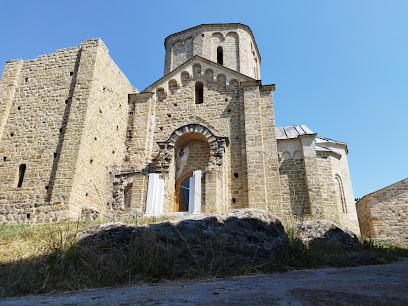
Prizren Fortress
Discover the enchanting Prizren Fortress, a historic site offering breathtaking views and a glimpse into Kosovo's rich cultural heritage.
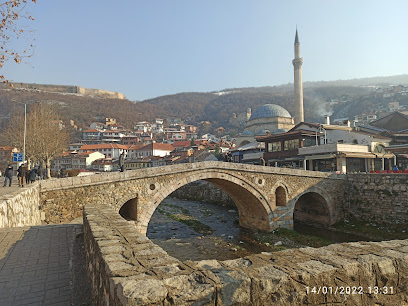
Cathedral of Saint Mother Teresa
Discover the architectural beauty and spiritual significance of the Cathedral of Saint Mother Teresa in Pristina, a true gem of Kosovo.
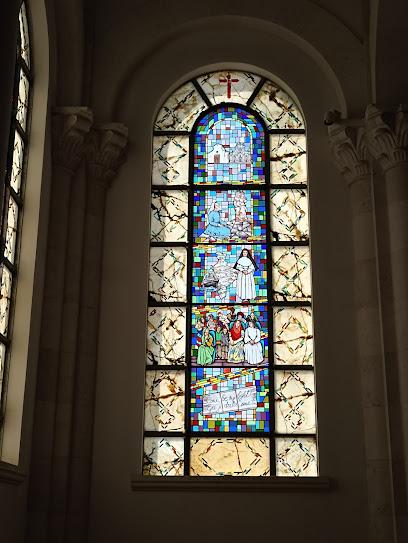
Church of the Holy Apostles Peter and Paul
Explore the Church of the Holy Apostles Peter and Paul in Novi Pazar, a stunning Orthodox church rich in history and artistic beauty.
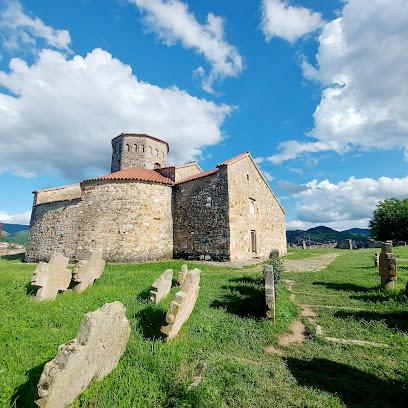
White Drin Waterfall
Experience the enchanting beauty of the White Drin Waterfall, a stunning natural attraction in Kosovo surrounded by lush landscapes and serene hiking trails.
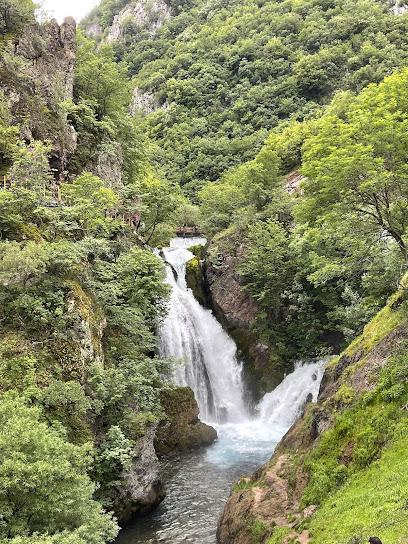
White Drin Waterfall
Discover the breathtaking beauty of White Drin Waterfall, a natural preserve in Kosovo, perfect for hiking, photography, and tranquility amidst nature.
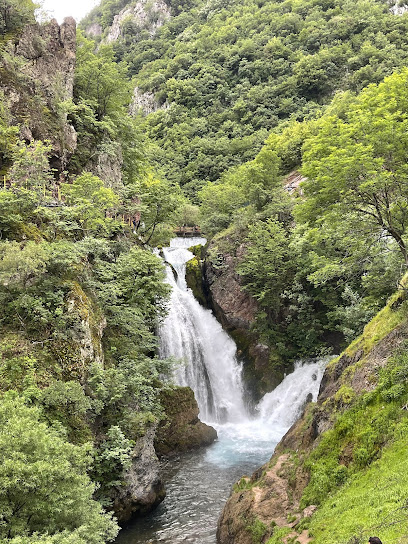
BEAR SANCTUARY Prishtina
Explore the BEAR SANCTUARY Prishtina, where rescued bears find refuge and visitors learn about wildlife conservation in a serene environment.
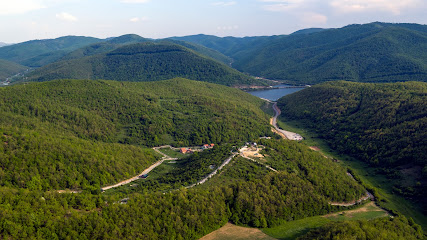
Mirusha Waterfalls
Experience the breathtaking beauty of Mirusha Waterfalls in Klina, a natural wonder that enchants every visitor with its stunning cascades and serene surroundings.
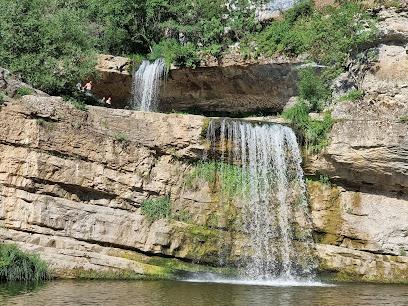
The Great Mosque
Explore the Great Mosque of Pristina, a stunning architectural gem showcasing Ottoman heritage and cultural significance in the heart of Kosovo.
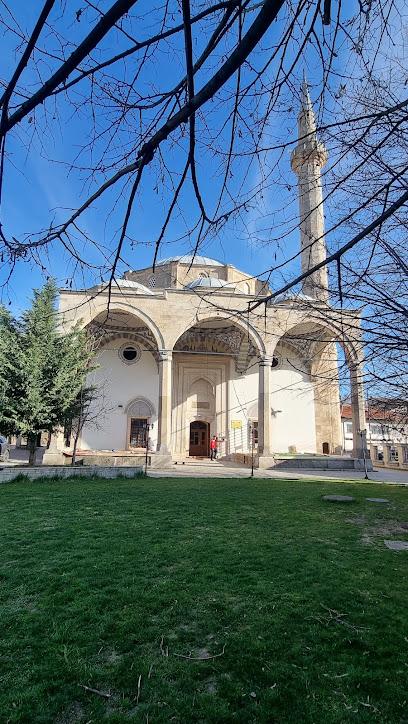
Kosovo Museum
Explore Kosovo's rich cultural history at the Kosovo Museum, a must-visit destination for art and history enthusiasts in Pristina.
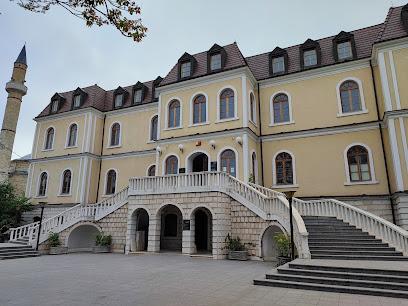
Fadil Vokrri Stadium
Experience the passion of Kosovo’s sports culture at Fadil Vokrri Stadium in Pristina, home to thrilling football matches and vibrant local events.
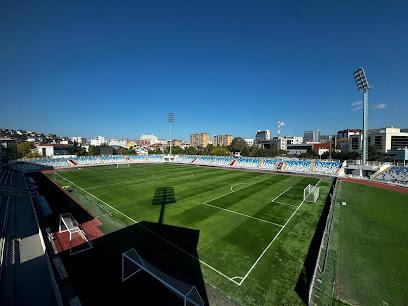
Sheshi Skënderbeu, Prishtinë
Experience the vibrant culture and history of Pristina at Sheshi Skënderbeu, where tradition meets modernity in Kosovo's capital.
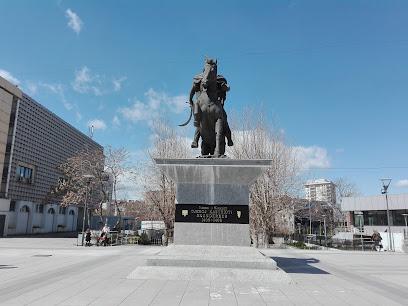
The National University Library of Kosovo Pjetër Bogdani
Explore the National University Library of Kosovo in Pristina, a remarkable architectural treasure and cultural hub for literature and learning.
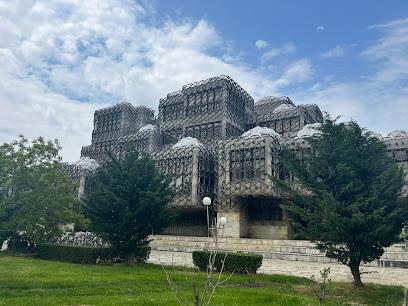
Essential places to dine
Ujvara
Discover the essence of Kosovar cuisine at Ujvara, a lakeside restaurant in Mitrovica offering delicious local dishes and breathtaking views.
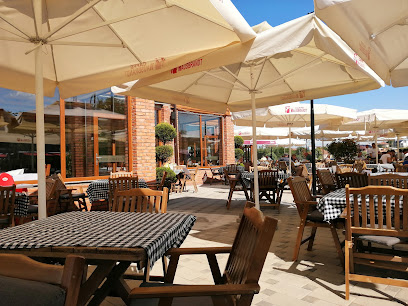
Ura
Experience authentic Kosovar flavors at Ura in Mitrovica - where tradition meets modern culinary excellence.
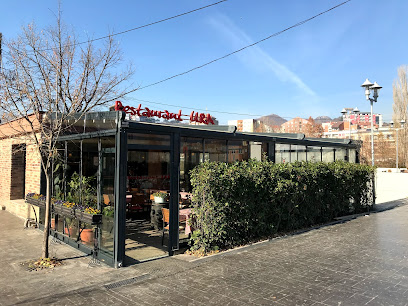
Bishevac
Experience authentic Kosovar cuisine at Bishevac in Mitrovica—delicious dishes served with warmth and hospitality.
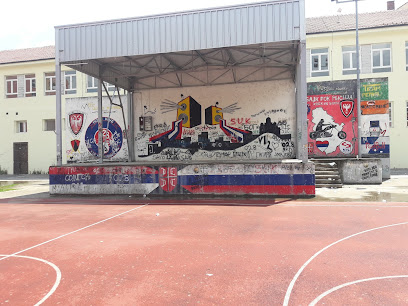
MISSINI Kitchen & Sweets
Experience the best of local cuisine and delightful desserts at MISSINI Kitchen & Sweets in Mitrovice.
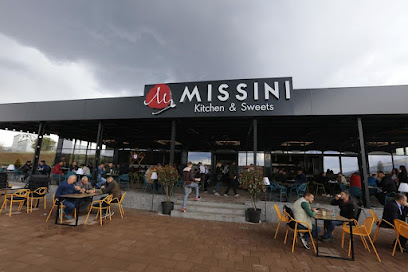
Restaurant Krapi
Experience culinary bliss at Restaurant Krapi in Mitrovica - where local flavors meet international flair in a welcoming atmosphere.
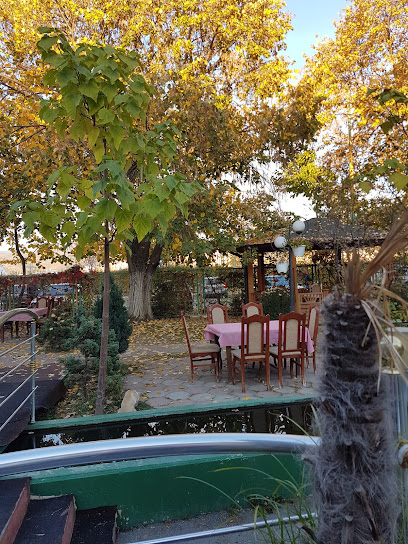
Sinia Restaurant
Discover exquisite dining at Sinia Restaurant by Liqeni Akumulues in Mitrovica – where local flavors meet stunning lakeside views.
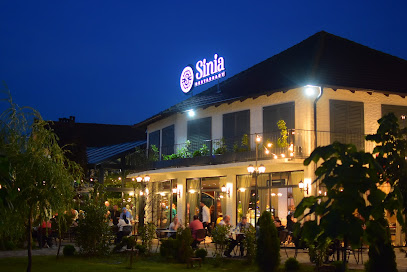
Antika
Experience culinary delight at Antika in Mitrovica: where local flavors meet international flair amidst scenic views.
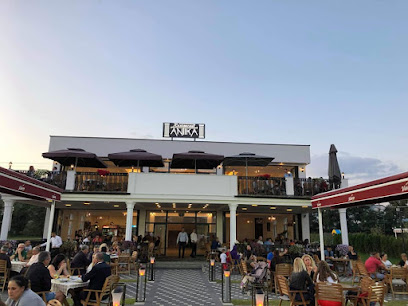
Bella Napoli
Discover authentic Italian flavors at Bella Napoli in Mitrovica - where every meal is a delightful journey through Italy.
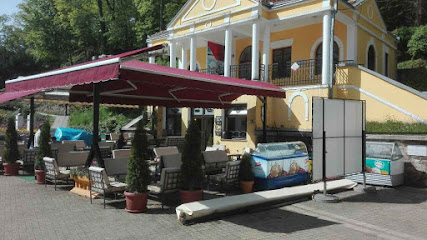
LUX
Discover the flavors of Mitrovica at LUX - where local ingredients meet culinary artistry in an inviting atmosphere.
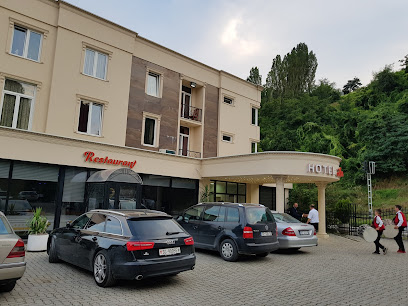
Restaurant Koha
Experience authentic Kosovar cuisine at Restaurant Koha in Mitrovica – where every dish tells a story!
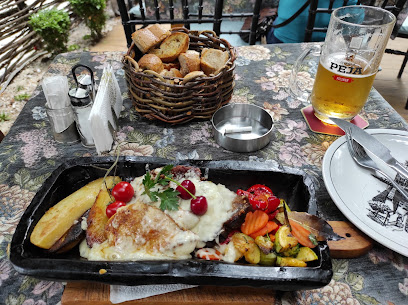
Museum Pub
Discover authentic Kosovar cuisine in Mitrovica at Museum Pub - where culture meets culinary delight.
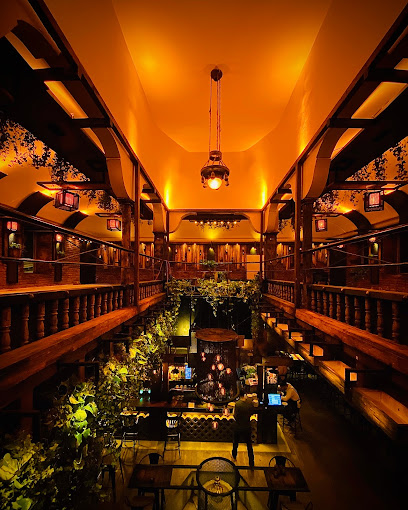
Diamond restaurant
Experience delicious breakfasts at Diamond Restaurant in Mitrovica – where local flavors meet warm hospitality.
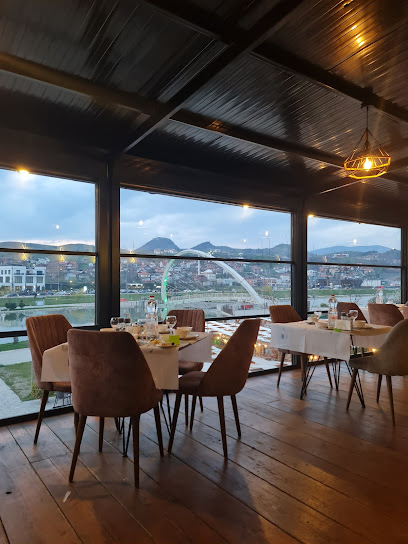
Edin's Steak House
Experience the finest steaks at Edin's Steak House in Mitrovica – where taste meets tradition in every bite.
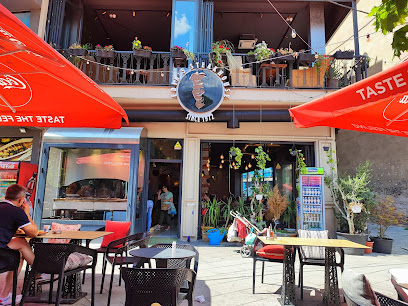
Restaurant
Discover Mitrovica's culinary charm at this top-rated restaurant offering authentic local dishes and a warm atmosphere for every traveler.
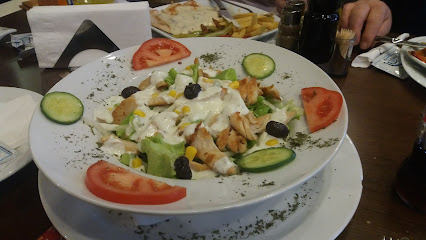
Fiona
Experience family-friendly dining at Fiona in Mitrovica - where every meal creates lasting memories!
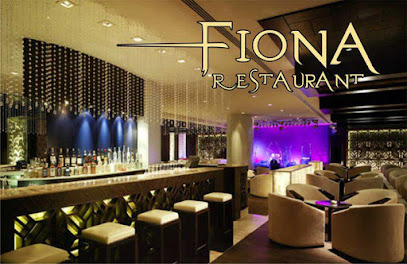
Markets, malls and hidden boutiques
ETC - Elkos Trading Center, Mitrovicë
Explore the buzzing ETC - Elkos Trading Center in Mitrovicë, where shopping meets culture, dining, and community events.
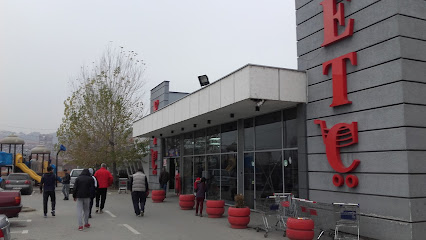
Emona Center
Explore Emona Center in Mitrovica – a lively shopping mall offering a diverse mix of retail, dining, and entertainment experiences.
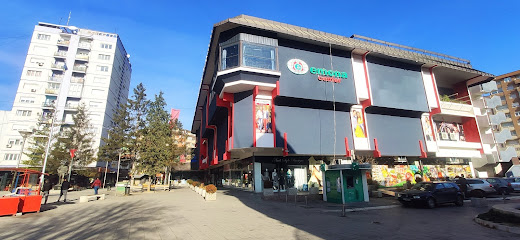
LUX MALL
Explore LUX MALL in Mitrovica for a delightful shopping experience, diverse dining options, and entertainment for everyone.
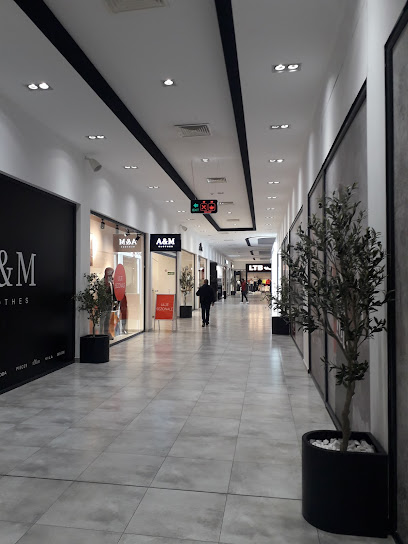
Central Shopping Center
Explore the Central Shopping Center in Mitrovica for a unique shopping experience filled with local culture, diverse fashion, and delicious cuisine.
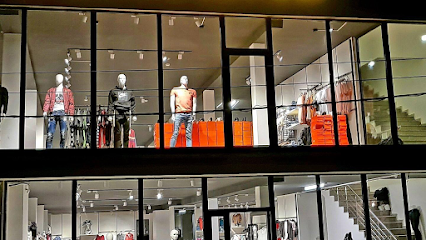
Top Shop
Explore Top Shop in Mitrovica for diverse shopping options in a modern and vibrant atmosphere, perfect for tourists seeking unique finds.

P....S....
Shop stylish clothing and accessories at P....S...., a must-visit clothing store in Mitrovica offering a blend of local and contemporary fashion.
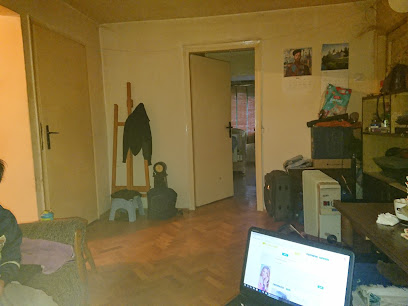
Butik BUCA
Explore unique fashion at Butik BUCA in Mitrovica, where local style meets contemporary trends in a vibrant shopping experience.
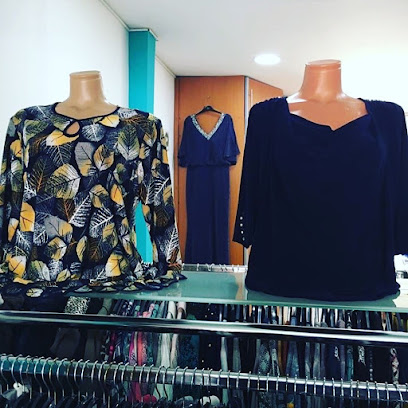
Mall of Mitrovica
Experience shopping and dining at the Mall of Mitrovica, the vibrant heart of retail in Kosovo, blending modernity with local charm.
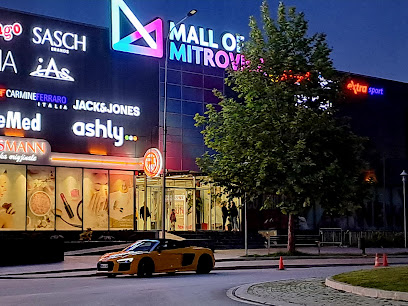
PWL Kosovska Mitrovica
Discover the latest fashion trends and unique styles at PWL Kosovska Mitrovica, the go-to clothing store for discerning shoppers in the region.
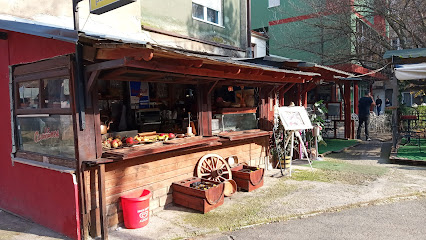
KOMISION SAŠA 028
Discover unique handcrafted souvenirs, custom t-shirts, and leather goods at KOMISION SAŠA 028 in Mitrovica, the heart of Kosovo's artisanal culture.
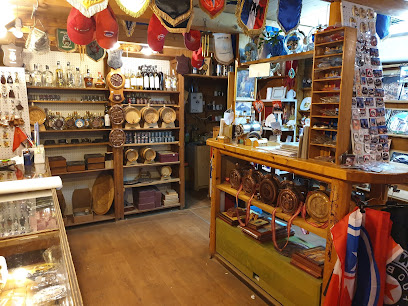
Shtëpia e Mallrave
Explore Shtëpia e Mallrave in Mitrovica for a unique shopping experience, combining local charm with international brands and delightful dining options.
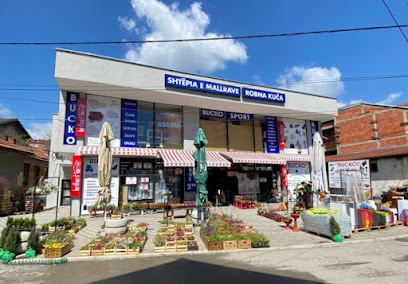
Mitrovicë
Explore Mitrovicë: A city where rich history meets vibrant culture, offering unique shopping and delightful local experiences.
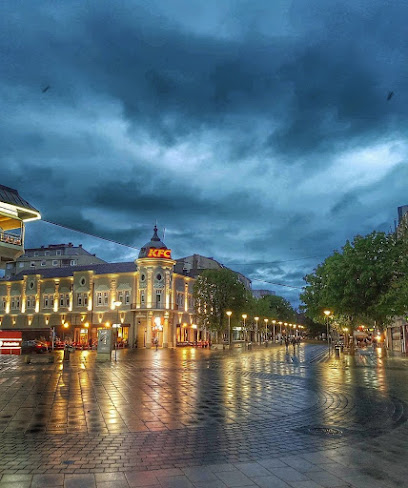
Akcion center
Explore Akcion Center in Mitrovica for an exciting shopping experience filled with local fashion and unique styles, perfect for every tourist's wardrobe.
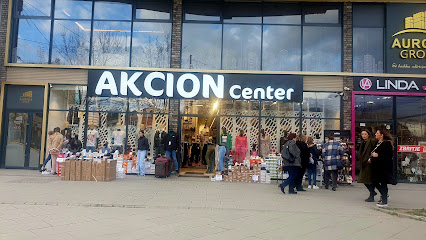
LOREN boutiques
Explore LOREN boutiques in Mitrovica for unique fashion pieces that reflect local culture and contemporary trends, perfect for any stylish traveler.

A&A boutique
Explore A&A Boutique in Mitrovica for a unique shopping experience that blends local culture with contemporary fashion treasures.
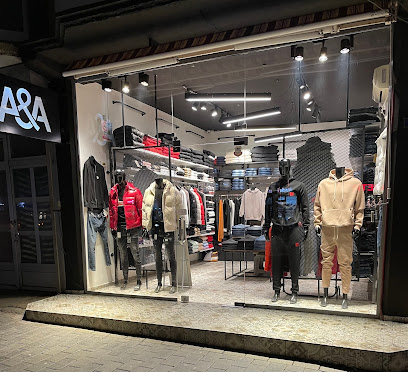
Essential bars & hidden hideouts
Citizen's Pub
Experience the heart of Mitrovica at Citizen's Pub, where local culture, delicious food, and great drinks come together in a vibrant atmosphere.
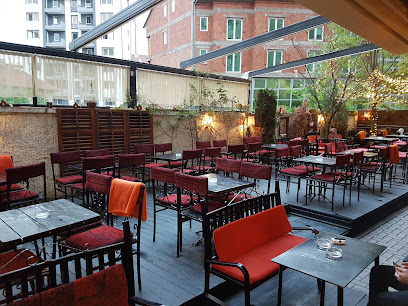
Restaurant Krapi
Experience the essence of Kosovar cuisine at Restaurant Krapi in Mitrovica, where tradition meets taste in a cozy ambiance.
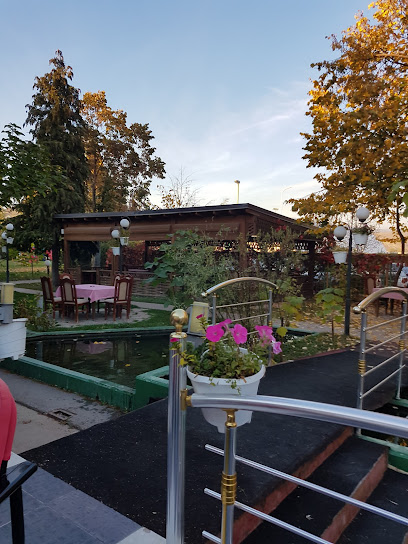
Back Garden Pub Mitrovicë
Discover the lively ambiance and local flavors at Back Garden Pub Mitrovicë, the perfect spot for relaxation and socializing in the heart of Mitrovica.
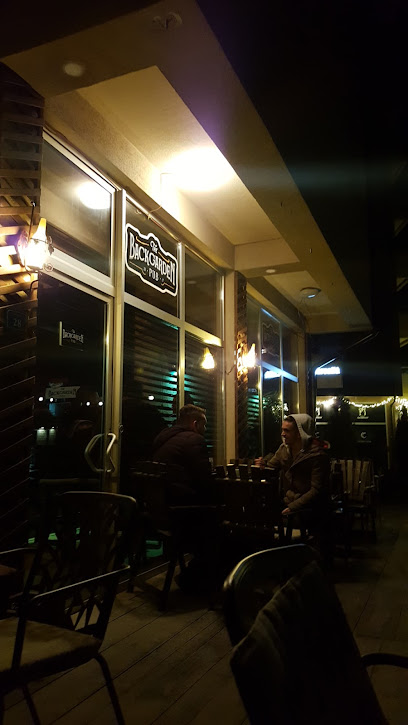
Soho Bar
Experience the vibrant nightlife at Soho Bar in Mitrovica, where locals and tourists unite for great drinks and unforgettable memories.
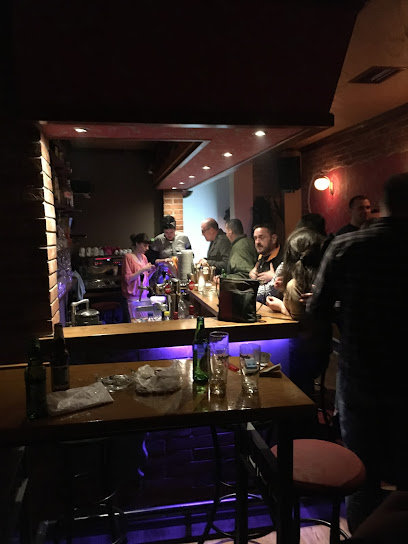
Museum Pub
Discover the flavors of Mitrovica at Museum Pub, where local cuisine meets a warm and inviting atmosphere.
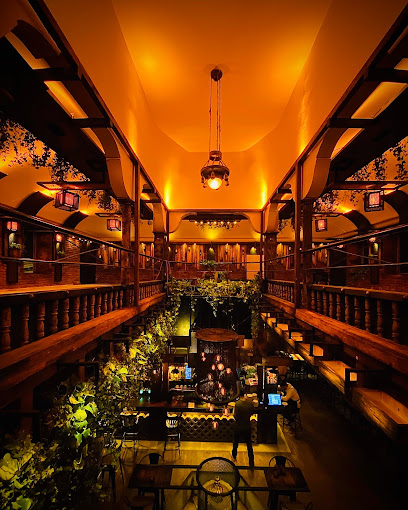
PKC Akvarijus
Experience the vibrant atmosphere of PKC Akvarijus, a popular bar in Kosovska Mitrovica, where local culture meets refreshing drinks.

Plus Bar
Discover the lively ambiance and local culture at Plus Bar in Mitrovica, a perfect nightlife destination for tourists.
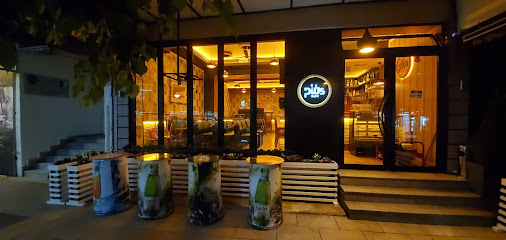
N'Pub
Discover the cozy charm of N'Pub, your go-to coffee shop in Mitrovica for a refreshing drink and a relaxing atmosphere.
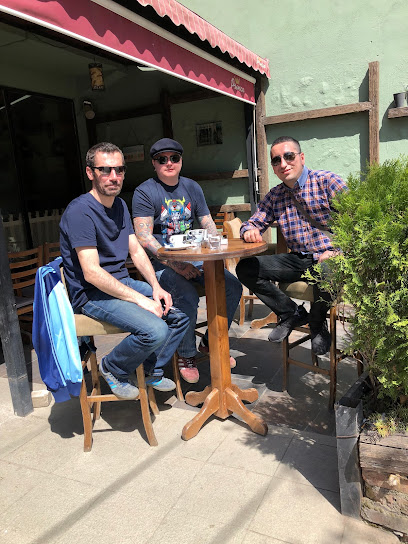
Omni Sport
Experience the thrill of live sports and local camaraderie at Omni Sport, Mitrovica's premier sports bar.

Etc
Experience the lively nightlife at Etc Bar in Mitrovica, where local culture meets a vibrant atmosphere for an unforgettable evening.

Rezidencija caffe bar
Discover the vibrant ambiance and delightful beverages at Rezidencija Caffe Bar, a must-visit spot in North Kosovska Mitrovica.

Te Qeli
Discover the vibrant atmosphere and local flavors at Te Qeli, the must-visit bar in Mitrovica for an unforgettable experience.

Nici since 1986
Savor the authentic taste of charcoal-grilled dishes at Nici since 1986 in Mitrovica, where every bite tells a story of tradition and flavor.
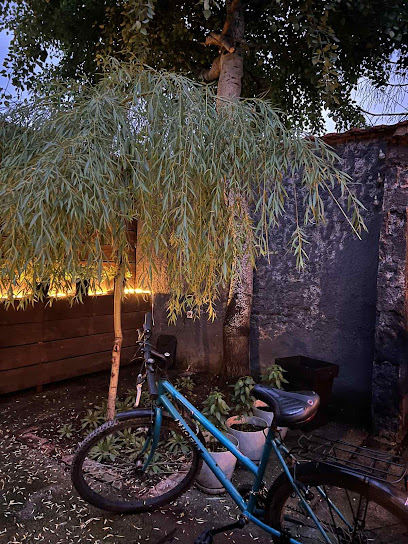
Story Lounge Bar
Discover the vibrant atmosphere of Story Lounge Bar, where oxygen cocktails elevate your drinking experience to new heights.
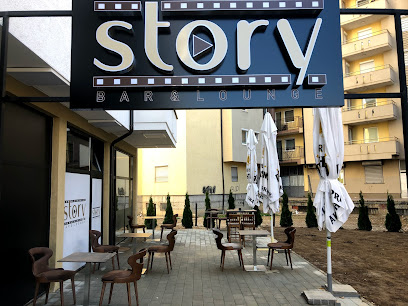
Mitrovic
Experience the vibrant bar culture of Mitrovica, where friendly locals and diverse drinks create an unforgettable nightlife atmosphere.
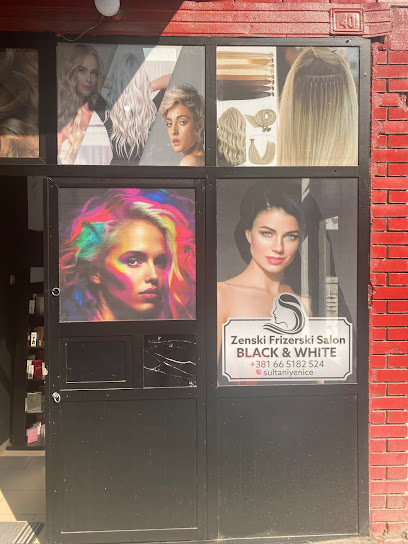
Local Phrases
-
- HelloPërshëndetje
[puhr-shuhn-deht-yeh] - GoodbyeMirupafshim
[meer-oo-pahf-sheem] - YesPo
[poh] - NoJo
[yoh] - Please/You're welcomeJu lutem
[yoo loo-tehm] - Thank youFaleminderit
[fah-leh-meen-deh-reet] - Excuse me/SorryMë falni
[muh fahl-nee] - How are you?Si jeni?
[see yeh-nee] - Fine. And you?Mirë. Dhe ju?
[meer duh yoo] - Do you speak English?Flisni anglisht?
[flees-nee ahng-leesht] - I don't understandNuk kuptoj
[nook koop-toy]
- HelloPërshëndetje
-
- I'd like to see the menu, pleaseDo të doja të shikoja menunë, ju lutem
[doh tuh doh-yah tuh shee-koh-yah meh-noo-nuh yoo loo-tehm] - I don't eat meatUnë nuk ha mish
[oo-neh nook hah meesh] - Cheers!Gëzuar!
[geh-zoo-ar] - I would like to pay, pleaseDo të doja të paguaja, ju lutem
[doh tuh doh-yah tuh pah-gwah-yah yoo loo-tehm]
- I'd like to see the menu, pleaseDo të doja të shikoja menunë, ju lutem
-
- Help!Ndihmë!
[ndee-muh] - Go away!Shko larg!
[shkoh luhrg] - Call the Police!Thirrni policinë!
[theer-nee poh-lee-tsee-nuh] - Call a doctor!Thirrni një doktor!
[theer-nee nyuh dohk-tohr] - I'm lostJam i humbur
[yahm ee hoom-boohr] - I'm illJam i sëmurë
[yahm ee suhm-oo-ruh]
- Help!Ndihmë!
-
- I'd like to buy...Do të doja të blej...
[doh tuh doh-yah tuh bleh-y] - I'm just lookingPo vetëm shikoj
[poh veh-tuhm shee-koy] - How much is it?Sa kushton?
[sah koosh-tohn] - That's too expensiveKjo është shumë e shtrenjtë
[kyoh uhsht shoo-muh eh shtrehn-jteh] - Can you lower the price?A mund ta ulni çmimin?
[ah moond tah ool-nee ch-mee-meenn]
- I'd like to buy...Do të doja të blej...
-
- What time is it?Sa është ora?
[sah uhsht oh-rah] - It's one o'clockËshtë një ora
[uhsht nyuh oh-rah] - Half past (10)Njëmbëdhjetë
[nyuhm-buhdhyeh-tee] - MorningMëngjes
[muhn-jehs] - AfternoonPasdite
[pahs-dee-teh] - EveningMbrëmje
[mbruh-myeh] - YesterdayDje
[djeh] - TodaySot
[soht] - TomorrowNesër
[neh-sur] - 1Një
[nyuh] - 2Dy
[doo] - 3Tre
[treh] - 4Katër
[kuh-tuhr] - 5Pesë
[peh-seh] - 6Gjashtë
[gyahsht] - 7Shtatë
[sh-tah-tuh] - 8Tetë
[teh-tuh] - 9Nëntë
[nuhn-tuh] - 10Dhjetë
[dhyeh-tuh]
- What time is it?Sa është ora?
-
- Where's a/the...?Ku është një/...?
[koo uhsht nyuh/...?] - What's the address?Cili është adresa?
[chee-lee uhsht ah-dreh-sah] - Can you show me (on the map)?A mund të më tregoni (në hartë)?
[ah moond tuh muh troh-nyee (nuh hahr-tuh)] - When's the next (bus)?Kur është autobusi i ardhshëm?
[koor uhsht ah-oh-boos-ee ee ahrdhshehm] - A ticket (to ....)Një biletë (në ....)
[nyuh bee-leh-tuh (nuh ....)]
- Where's a/the...?Ku është një/...?
History of Mitrovica
-
Mitrovica, known in antiquity as ‘Demastion’, has roots dating back to the Illyrian and Roman periods. Archaeological evidence suggests that the area was a significant settlement during these times, contributing to its rich historical tapestry.
-
During the medieval period, Mitrovica was part of the Serbian Empire under the rule of Stefan Dušan. The town was a crucial center for trade and craftsmanship, benefiting from its strategic location along important trade routes.
-
In the 15th century, Mitrovica fell under Ottoman rule, which lasted for several centuries. The Ottoman era introduced significant cultural and architectural changes, including the construction of mosques and public baths, some of which still stand today.
-
The late 19th and early 20th centuries saw Mitrovica becoming an industrial hub, particularly known for its mining activities. The Trepça Mines, rich in lead, zinc, and silver, drew workers and investments, transforming the town into a bustling economic center.
-
Mitrovica was significantly impacted during World War II. It witnessed occupation by German and later Yugoslav Partisan forces. The town's strategic importance meant it was a focal point of military operations and resistance activities.
-
After World War II, Mitrovica became part of the Socialist Federal Republic of Yugoslavia. The post-war period brought industrial expansion and infrastructural development, further cementing its role as a key industrial center in the region.
-
During the late 1990s, Mitrovica was deeply affected by the Kosovo conflict. The town became a flashpoint of ethnic tensions and violence, particularly between the Albanian and Serbian communities. The conflict led to significant demographic changes and a divided city.
-
In the post-conflict era, Mitrovica remains a city marked by its divided nature, with the Ibar River often considered a symbolic separating line between the predominantly Albanian southern part and the predominantly Serbian northern part. Efforts towards reconciliation and redevelopment continue to shape its modern identity.
Mitrovica Essentials
-
Mitrovica is located in northern Kosovo. The nearest international airport is Pristina International Airport, approximately 40 kilometers to the south. From Pristina, you can take a taxi, rent a car, or use a bus service to reach Mitrovica. The journey typically takes around an hour by road. Buses run regularly from Pristina to Mitrovica and are a cost-effective way to travel.
-
Mitrovica is a compact city, making it easy to navigate on foot. For longer distances, taxis are readily available and relatively inexpensive. Public buses operate within the city and connect to surrounding areas. Renting a car is another option for those who wish to explore the region at their own pace. Bicycle rentals are also available for those looking to enjoy a more active mode of transport.
-
The official currency in Kosovo is the Euro (EUR). Credit cards are accepted at most hotels, restaurants, and larger shops, but it is advisable to carry cash for smaller establishments and markets. ATMs are widely available throughout Mitrovica, and you can withdraw Euros using international credit or debit cards.
-
Mitrovica is generally a safe destination for tourists, but it is wise to take standard precautions. Avoid walking alone at night in unfamiliar areas and keep an eye on your belongings in crowded places. The northern part of the city, primarily inhabited by ethnic Serbs, has higher political tensions, so it’s advisable to stay updated on the local situation and avoid any political gatherings or protests.
-
In case of emergency, dial 112 for immediate assistance. The city has several police stations and medical facilities. It's recommended to have travel insurance that covers medical emergencies. Pharmacies are available for minor health issues, but carrying a basic first aid kit is advisable.
-
Fashion: Do dress modestly, especially when visiting religious sites. Avoid overly revealing clothing. Religion: Do respect local customs and traditions. Always cover your head when entering mosques. Public Transport: Do be respectful and give up your seat to elderly passengers. Don't eat or drink on public transport. Greetings: Do greet people with a handshake; a friendly nod is also common. Eating & Drinking: Do try local delicacies and accept food offerings graciously. Don't refuse hospitality, as it is considered impolite.
-
To experience Mitrovica like a local, visit the Green Market where you can purchase fresh produce and traditional goods. Engage with locals, as they are often friendly and willing to share stories about the city’s history and culture. Don’t miss the Mitrovica Bridge, a symbolic site that divides the city into north and south. For a unique experience, visit the Trepça Mines, which offer guided tours showcasing the city's industrial heritage.
Trending Landmark in Mitrovica
-
Newborn Monument
-
Memorial Complex Adem Jashari
-
Споменик Цару Лазару
-
Zvechan Fortress
-
Palace Hotel & SPA
-
Monument to the heroic miners from NOB
-
MISSINI Kitchen & Sweets
-
Mitrovica Guide
-
City Museum of Mitrovica
-
Xhamia E Tavnikut
-
Liqeni Akumulues
-
Busti i Fehmi Aganit
-
Spomenik braniocima otadžbine od šiptarskih terorista i NATO agresora1998-1999
-
Lux Mitrovica Lux Kос.Митровица
-
Ura e Ibrit, Most na Ibru.
Nearby Cities to Mitrovica
-
Things To Do in Vushtrri
-
Things To Do in Podujevo
-
Things To Do in Shtime
-
Things To Do in Peja
-
Things To Do in Ferizaj
-
Things To Do in Gjakova
-
Things To Do in Kamenica
-
Things To Do in Gjilan
-
Things To Do in Prizren
-
Things To Do in Bajram Curri
-
Things To Do in Kraljevo
-
Things To Do in Niš
-
Things To Do in Kragujevac
-
Things To Do in Podgorica
-
Things To Do in Nikšić










